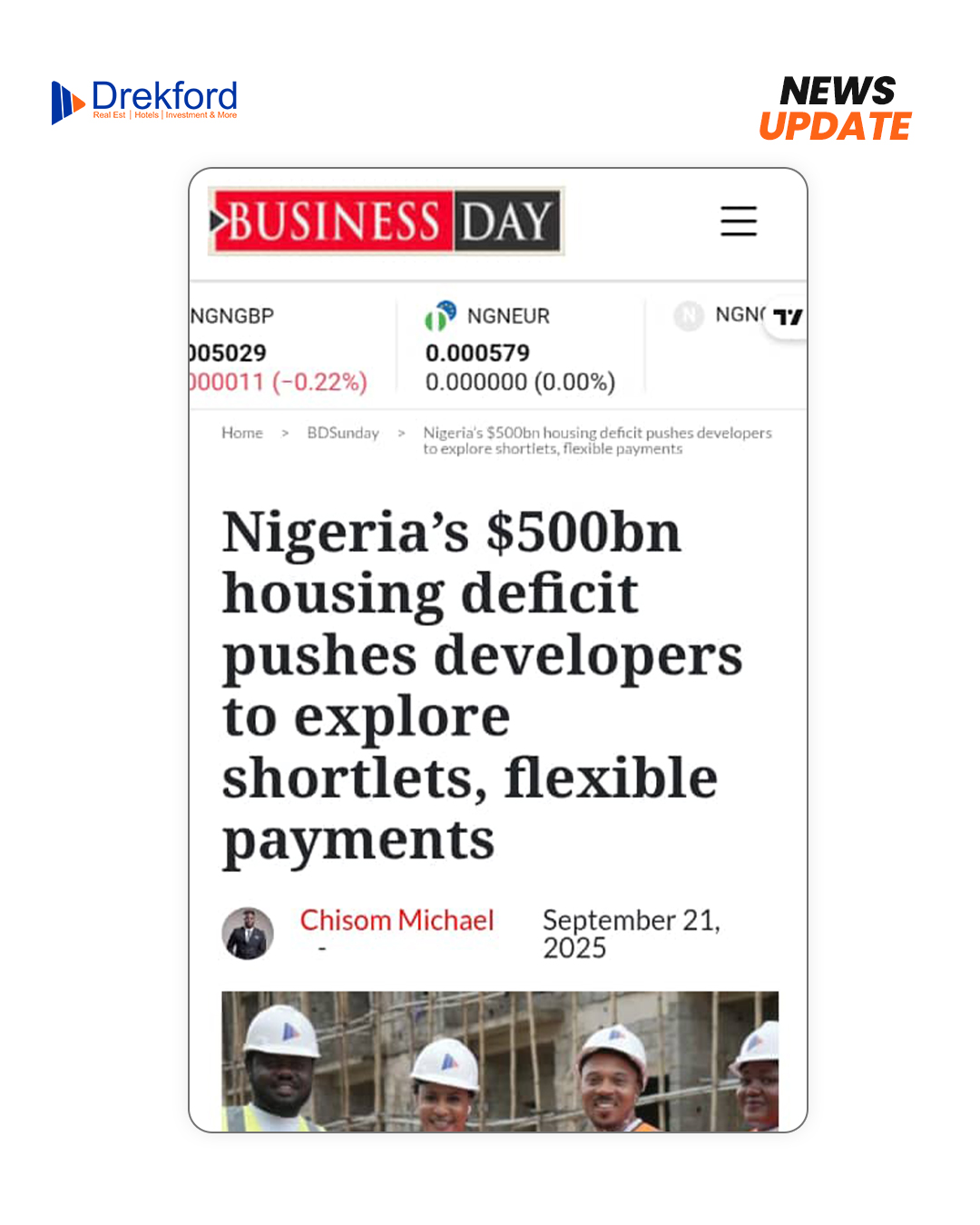BUA Explains Why Price Cut to N3,500 Wasn’t Achieved
Over the past six to eight months, cement prices in Nigeria have settled at an average of N7,500 for a 50kg bag, despite growing complaints about high costs from stakeholders in the construction sector. The three main manufacturers namely; Dangote, BUA, and Lafarge have come under fire for maintaining elevated prices, making the product less affordable, and dampening construction activity.
Recent market research highlights that this price stabilization is largely due to reduced demand, with inflation and the volatile exchange rate of the naira slowing down construction across the country. Industry experts remain cautiously optimistic, noting that this price consistency could bring about renewed investor confidence. During the second half of 2023, cement prices had been unpredictable, skyrocketing overnight from N5,000 to highs of N11,000 and even N14,000, causing uncertainty in the market.
Iron rods, another essential building material, have also seen sharp price hikes following the removal of the petrol subsidy and the government’s decision to float the naira. These changes have further complicated the situation for builders.
In key cities like Lagos and Abuja, cement prices have maintained relative stability. In Lagos, Dangote cement sells for N7,600 per bag, while BUA is priced at N7,000 and Lafarge at N8,200. Meanwhile, Abuja reports a similar trend, with BUA cement priced at N7,300 per bag, remaining the dominant choice in northern Nigeria. Retailers in Lagos, like Sebastian Ovie, confirmed that Dangote cement is widely available, whereas other brands are harder to come by, leading to varied pricing. Seasonal factors also play a role, with sales typically slowing during the rainy season, as explained by Onwuka Charles, a distributor in Abuja.
The competition between major players is also contributing to market dynamics. Dangote, in particular, offers lucrative incentives to distributors, such as tricycles worth N2.5 million, encouraging exclusive sales of its product over rivals like BUA.
BUA Cement’s chairman, Abdul Samad Rabiu, explained why their plan to cut prices to N3,500 per bag failed. He said that although the company sold cement to dealers at that price, the dealers turned around and sold it for as much as N7,000, preventing the lower price from reaching consumers. Rabiu added that inflation and the removal of fuel subsidies made the plan unsustainable.
Other building materials like iron rods, electrical wires, and tiles have also seen some price drops. In Lagos, for example, a 16mm iron rod now sells for N20,000, down from N35,000 earlier in the year, while in Abuja, iron rod prices fluctuate based on size and market conditions.
Despite the challenges, many are hopeful that with prices stabilizing, construction activities might pick up again as builders can better plan their projects.




